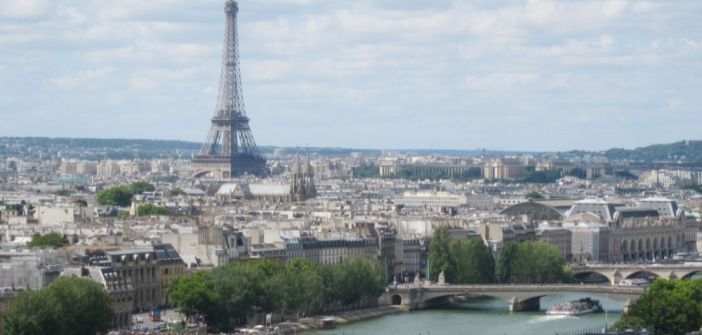After three resounding failures (1992, 2008, and 2012), the French capital will host the 2024 Summer Olympics and Paralympics.
Organizing the Summer Olympics does indeed cost the host cities a fortune, and the actual benefits are difficult to quantify. Are the 2024 Olympics, then, an opportunity for Paris and its surrounding area?
The Olympic Games are an opportunity for the capital, for the Île-de-France region, but also for France in general. However, let’s not believe that this competition will have short-term economic impacts: its effects will be barely perceptible on the GDP of the year 2024.
Indeed, from a tourism point of view, there is a dual effect of displacement and substitution. Tourists who wish to visit Paris for the Louvre Museum and the Eiffel Tower will give way to “sports” tourists, as was the case for the Rio Olympics. And the economic sectors that will benefit from the Olympics will do so at the expense of other activities.
This project will allow for new sports infrastructures to emerge. It will accelerate the construction of the CDG express, a direct rail link project between Roissy-Charles-de-Gaulle airport and the capital, as well as new metro lines for Greater Paris. These are profitable investments over several decades that will improve the daily lives of the Ile-de-France residents from the moment they are put into service.
In short, it is a great long-term economic operation, much to the dismay of the opponents of the Olympics in Paris. These opponents believe that the bidding city has significantly underestimated the actual cost of the Olympics and fear that the bill will reach new heights, as is usually the case.
Will Paris generally respect its projected budget? Paris is planning an allocation of 6.6 billion euros to organize its Olympics in 2024. Past experiences show, almost every time, that the amounts spent exceed the initial budget.
Beyond the costs, the question of economic benefits arises. Of course, investments will produce positive effects on local activity, but it is complicated to evaluate all the economic benefits because they include a range of diffuse impacts on tourism, employment, catering, taxation, and more.
On this front, the Olympics are excellent news for Seine-Saint-Denis. Covering railway tracks, a highway interchange, new sports infrastructures, the organizers have planned an extensive urban redevelopment plan. The north of the capital, and Saint-Denis in particular, will dramatically change.


